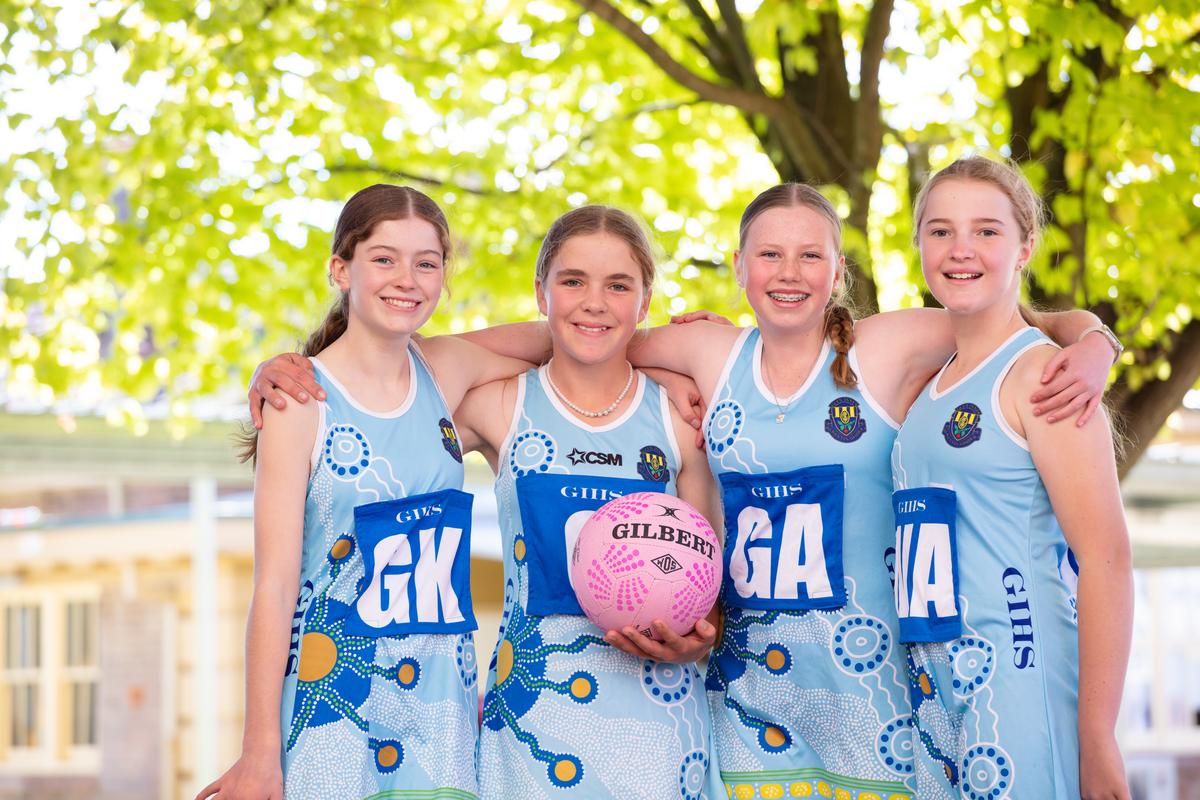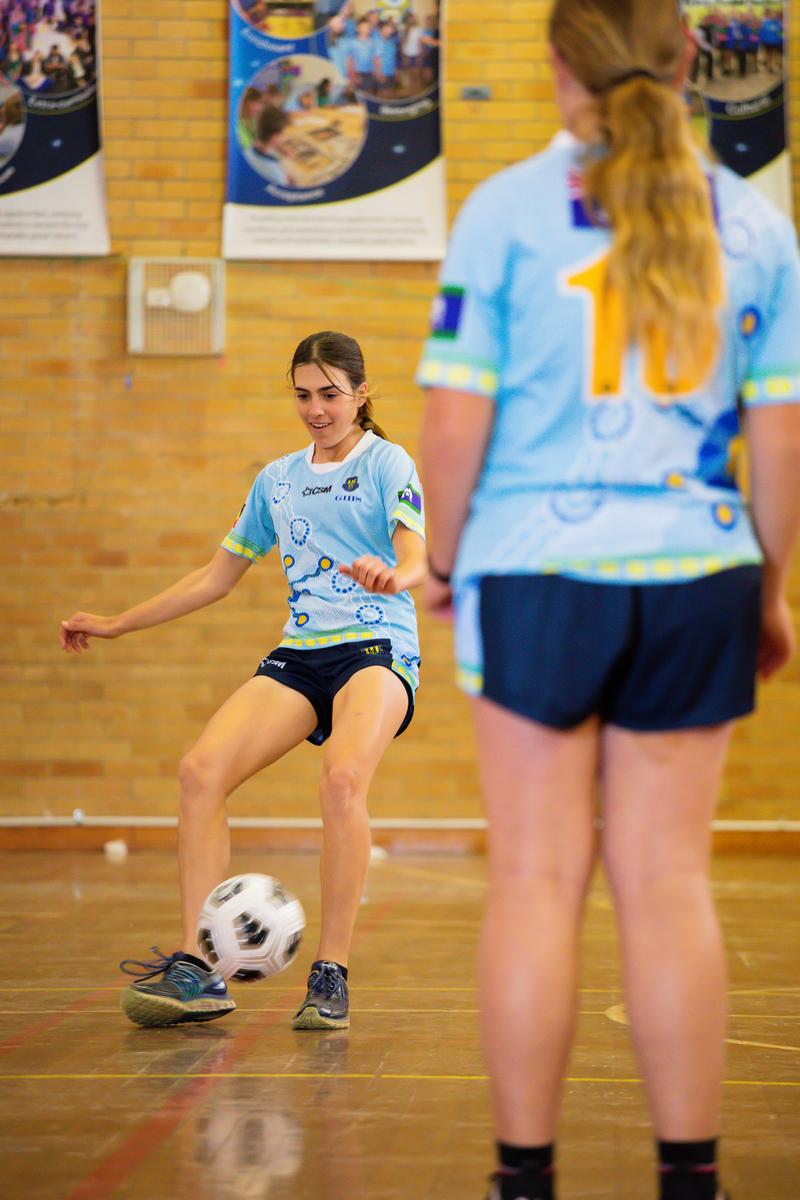PDHPE
Mr Richard Taylor - Head Teacher

PDHPE
Mr Richard Taylor - Head Teacher


Personal Development, Health and Physical Education (PDHPE) contributes significantly to the cognitive, social, emotional, physical and spiritual development of students. It provides opportunities for students to learn about, and practise ways of, adopting and maintaining a healthy, productive and active life. It promotes the value of physical activity in their lives.
PDHPE provides the opportunity for young people to explore issues that are likely to impact on the health and wellbeing of themselves and others, now and in the future. Health issues that have the potential to appear in later life are also relevant due to their relationshipto lifestyle patterns established in adolescent years and the possibility that they may impact on family and other significant adults in students’ lives.
Young people who have a feeling of connectedness with parents, family and school have lower levels of smoking, alcohol consumption, other drug use, self-harm, risk within intimate relationships and exposure to violence. Young people need to respond to factors such as complex community values, new technologies, media influence, environmental concerns and changing family structures and movement outcomes for wellbeing.
Young people are a diverse group and their ability to adopt a healthy, active lifestyle is influenced by the social and cultural contexts within which they live. PDHPE has an important primary prevention and early intervention role in assisting all young people to manage these influences and in protecting, promoting and restoring their health. It also assists in their understanding of inequities and of why it is important to promote inclusiveness and build a community that is supportive of all people.
The responsibility of addressing inequities and providing for the health and physical activity needs of all students is a shared responsibility. A whole-school approach in collaboration with family, community, health agencies and local, state and national interventions is fundamental in sending consistent messages to students and establishing supportive environments that promote health.
Learning in PDHPE encourages young people to take a positive approach to managing their lives and equips them with skills for current and future challenges. It contributes to the development in young people of the capacity to take responsibility for their own learning and of a commitment to continue learning throughout life. The knowledge, understanding and skills developed provide a foundation for a wide range of study pathways beyond school and also have applications in a number of vocational areas.
Pathways at GIHS include:
• Stage 4 PDHPE Years 7 and 8
• Stage 5 PDHPE Years 9 and 10
• Stage 5 Elective High Performance Pathways and PASS (Sports Science)
• Stage 6 PDHPE and VET Cert III Fitness Years 11 and 12.





